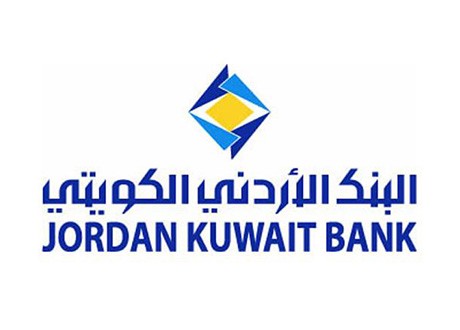Jordan Kuwait Bank (JKB) is a large bank based in Amman with branches in Cyprus and Palestine. The bank had been a user of Unisys Clearpath mainframes (NX5600s) for many years.
In 2006 JKB decided to lower their cost base by moving to Unix equipment. MSS was asked to migrate all the programs using migrate!LINC technology into a modern development and operational framework. MSS used automated software to modernize the online system into the Oracle PL/SQL language, the batch system into SqC (C with PL/ SQL-like extensions) and, using migrate!WFL, the job control programs into standard shell scripts. An Oracle database schema was created by use of migrate!DATA which also generated data modernization programs. The screen handling was implemented using the MSS JSP library approach. A three tier architecture (web servers, application servers, database server) was created based on SUN Solaris servers. The modernization took 6 months and involved a team of about 12 JKB staff.
Each of the two distinct Linc systems migrated consisted of about 1200 ispecs (screen layouts), 1000 reports (batch programs) and 500 global logic routines. Additionally several Cobol NOF programs (e.g. ATM interface handler) were rewritten in Java. The system now supports over a thousand users and has been deployed in 3 countries for JKB and for its foreign branches.
In order to be able to completely discard the Unisys environment, a replacement for the Cobol share dealing system was implemented by the bank, with MSS providing the data migration element.
In 2006, JKB decided that they needed to move to an open system from their proprietary mainframe, a Unisys Clearpath NX5600.
The technical modernization went very smoothly but with some challenges that had not been seen before by MSS. The large code base had to be modernized from Unisys Linc to Open Systems languages – Oracle PL/ SQL and SqC – and the screen formats and supporting infrastructure replaced.
The database definition and data would also have to be modernized with integrity checks on the data as it ‘landed’ in the target Oracle database.
One particular challenge was the use of Arabic script in the data and on screens. Although the translation from one character set to another is a standard procedure, usually the number of characters does not change. In the translation of EBCDIC Arabic to ASCII Arabic, most characters are a one-for-one equivalent, but a few single EBCDIC characters map to 2 ASCII characters. This gives rise to an unpredictable increase in the number of characters stored or displayed in a field. JKB and MSS jointly worked out a method for handling these and overcame the issue satisfactorily.
Another major challenge was the extensive use of NOF programs that provided the interface to the branch systems, the ATM network and the web interfaces. These were originally written in Cobol74 running under COMS and accessing the DMSII database directly. It was decided that, since there would not be any other need for Cobol in the new environment, they should be rewritten in Java. This in itself did not create an issue but the programs (provided by a third party) and the protocols adopted were not well documented. By extensive testing and monitoring of the existing system, however, all the necessary information was obtained and the protocols reproduced.
JKB decided to use MSS International to port the application and database to open systems technology, and chose SUN to supply the enterprise-scale Unix platform. The database of choice was Oracle and the migration route for the online system was the tried and tested PL/SQL / JSP combination also supplied to KOC Bank and Scottish Life. In addition, the bank requested that MSS provide batch code migrated into Java as well as into SqC. These two variations can be mixed and, as the bank staff becomes more proficient in Java, can be rationalized under their control into a standardization on Java. JKB staff took standard classes on Oracle database and languages supplemented by MSS training on the specifics of the migrated programs and libraries.
The project went live with no significant problems and was well received by the user community who required no special training in the new system. The system is now deployed in Jordan itself as well as Cyprus and Palestine, and JKB is now able to move forward using much lower-cost hardware and software into a standards-based future.
The modernization was completed in 6 months and went live in phases completing at the end of 2006. The cut-overs went extremely smoothly and the new platform performed substantially better than the previous one, with a shortened batch window and a good gain in performance.

